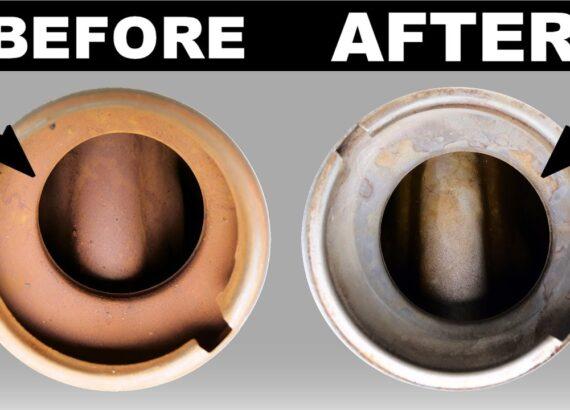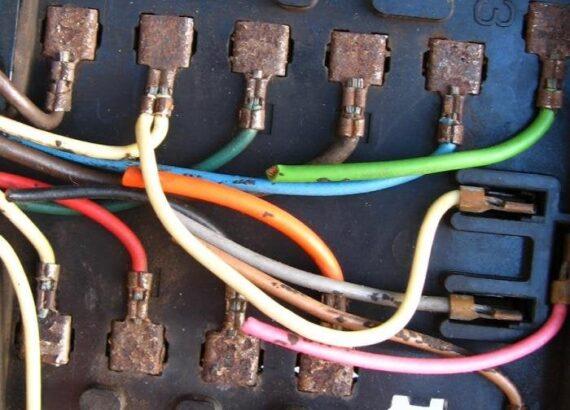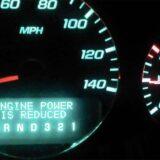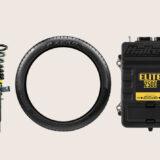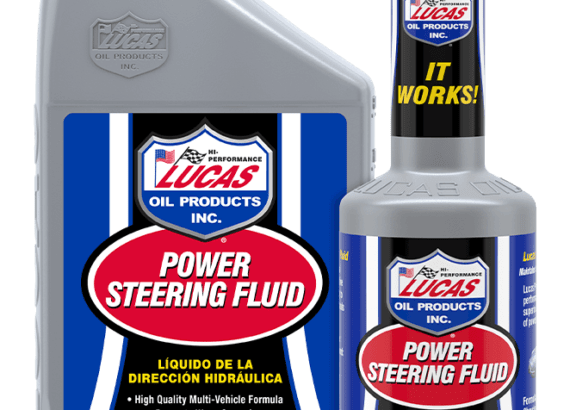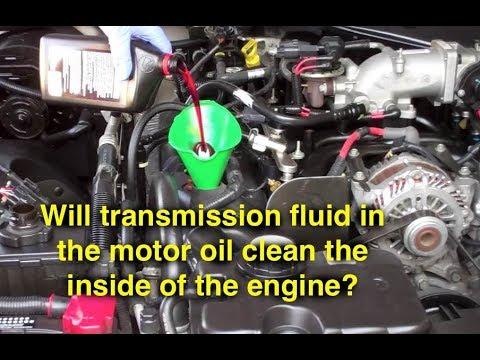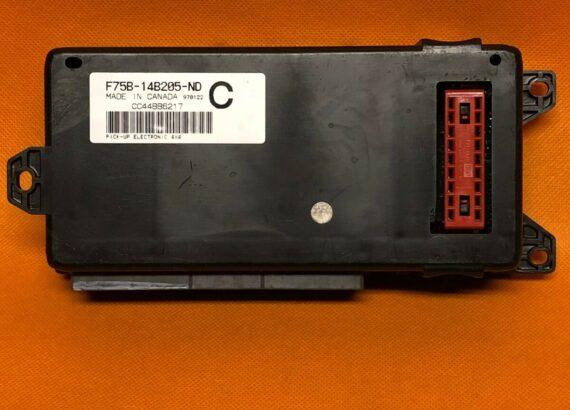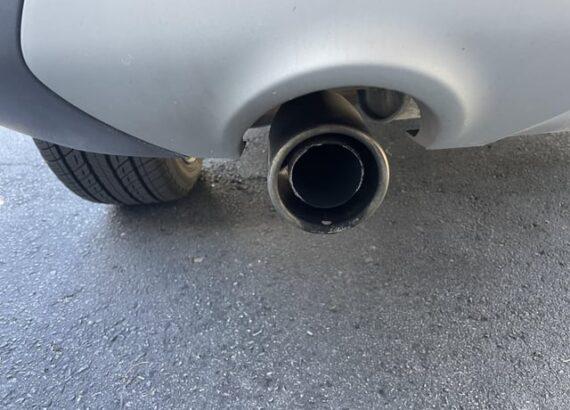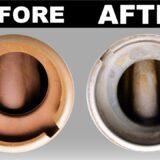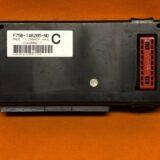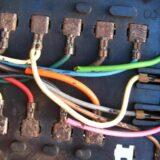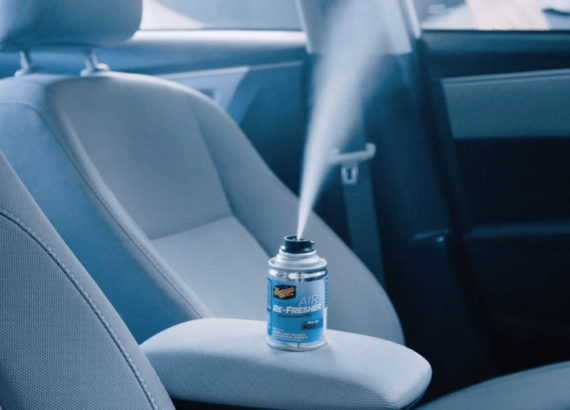![Best Engine Performance Mods & Upgrades [2025 Guide]](https://siumpro.com/wp-content/uploads/how-to-improve-your-car-engine-performance-845x550.jpg)
Best Engine Performance Mods & Upgrades [2025 Guide]
Regular maintenance and using high-quality fuel improve your car’s engine performance. Upgrade air filters and ensure proper tire inflation.
Enhancing your car’s engine performance doesn’t always require a complete overhaul. Simple and consistent maintenance practices can make a significant difference in efficiency and power. Using high-quality fuel prevents buildup and ensures smoother operation. Regularly changing the air filters improves airflow, leading to better combustion and increased power.
Tire inflation also plays a role, as properly inflated tires reduce drag and improve fuel efficiency. Keeping your engine in peak condition is about attention to small details that collectively boost performance. By focusing on these manageable steps, you can enjoy a more responsive and efficient driving experience.
Regular Maintenance
Regular maintenance is key to better car engine performance. Simple checks and fixes can make a big difference, helping your engine run smoothly.
Oil Changes
Oil is the lifeblood of your car engine. It lubricates moving parts and reduces wear. Old oil can get dirty and thick, harming your engine.
Follow these steps to change your oil:
- Warm up the engine for a few minutes.
- Turn off the engine and put on gloves.
- Place a container under the oil drain plug.
- Remove the drain plug and let the oil flow out.
- Replace the drain plug and add new oil.
Change your oil every 3,000 to 5,000 miles. This helps keep your engine in top shape.
Air Filter Replacement
The air filter keeps dirt and debris out of your engine. A clean filter allows air to flow freely, improving engine performance.
Here’s how to replace the air filter:
- Locate the air filter box in your car.
- Open the box and remove the old filter.
- Insert the new filter into the box.
- Close the box and make sure it is sealed.
Check your air filter every 12,000 miles. Replace it if it looks dirty.
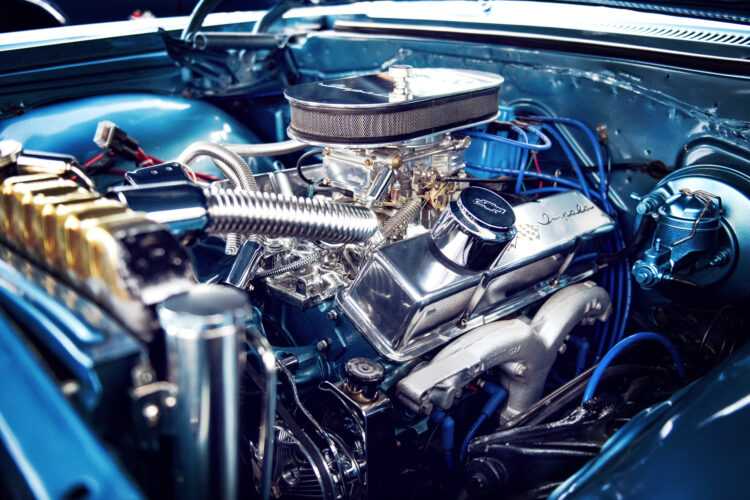
Credit: mycarheaven.com
Fuel Quality
Fuel quality plays a crucial role in improving your car engine performance. The type of fuel you use can make a significant difference. Let’s explore the impact of using premium vs. regular fuel and the benefits of fuel additives.
Premium Vs. Regular
Understanding the difference between premium and regular fuel can help you make the best choice for your car. Premium fuel usually has a higher octane rating than regular fuel. Higher octane fuel can prevent engine knocking and improve performance.
Here is a quick comparison:
| Feature | Premium Fuel | Regular Fuel |
|---|---|---|
| Octane Rating | 91-94 | 87-90 |
| Engine Knocking | Less Likely | More Likely |
| Price | Higher | Lower |
| Performance | Better | Good |
Using premium fuel in a car that requires it can improve performance and longevity. Check your vehicle’s manual to see if premium fuel is recommended.
Fuel Additives
Fuel additives can enhance your car engine performance in various ways. They can clean the fuel system, reduce deposits, and improve fuel efficiency. Here are some common types of fuel additives:
- Detergent Additives: These clean the fuel injectors and intake valves.
- Octane Boosters: These increase the octane rating of your fuel.
- Fuel Stabilizers: These prevent fuel oxidation and corrosion.
- Injector Cleaners: These remove carbon deposits from injectors.
Using the right fuel additives can help maintain a clean and efficient engine. For the best results, follow the manufacturer’s instructions.
Engine Tuning
Engine tuning can significantly improve your car’s performance. It involves various tweaks to boost power, efficiency, and responsiveness. Let’s explore two popular methods: ECU remapping and performance chips.
Ecu Remapping
ECU remapping adjusts the engine control unit’s settings. This can enhance power output and fuel efficiency. Here’s a quick overview of ECU remapping benefits:
- Increased horsepower: More power for better acceleration.
- Better fuel economy: Optimized fuel usage saves money.
- Enhanced throttle response: Quicker and smoother acceleration.
A professional should perform the remapping process. Incorrect settings can damage your engine. Always choose a reputable service provider for this task.
Performance Chips
Performance chips are another effective way to tune your engine. These chips alter the engine’s parameters, improving overall performance. Here are some key points:
- Easy installation: Simple plug-and-play solution.
- Customizable settings: Tailor the chip to your driving style.
- Cost-effective: Generally cheaper than full ECU remapping.
Performance chips work by overriding the factory settings. This can unleash hidden power in your engine. Always read the instructions carefully before installation. If unsure, consult a professional mechanic.
| Method | Benefits | Considerations |
|---|---|---|
| ECU Remapping | Increased horsepower, better fuel economy | Requires professional service |
| Performance Chips | Easy installation, customizable settings | May need professional advice |
Exhaust System
The exhaust system plays a vital role in car engine performance. It helps remove harmful gases, enhances fuel efficiency, and boosts power. Upgrading your exhaust system can lead to significant improvements. Let’s explore some key components.
High-flow Catalytic Converters
High-flow catalytic converters improve exhaust gas flow. They reduce back pressure, allowing the engine to breathe better. This leads to increased horsepower and torque. High-flow cats also maintain emission standards. They are a must-have for performance enthusiasts.
Benefits of high-flow catalytic converters:
- Better engine efficiency
- Increased horsepower
- Improved fuel economy
Installing high-flow cats can transform your driving experience.
Performance Mufflers
Performance mufflers are designed to reduce exhaust restrictions, allowing for a more free-flowing exhaust, which results in better engine performance. They also produce a deeper, more aggressive sound.
Advantages of performance mufflers:
- Enhanced engine power
- Sporty exhaust note
- Improved fuel efficiency
Choosing the right performance muffler can make a noticeable difference.
| Component | Benefits |
|---|---|
| High-Flow Catalytic Converters | Better engine efficiency, Increased horsepower, Improved fuel economy |
| Performance Mufflers | Enhanced engine power, Sporty exhaust note, Improved fuel efficiency |
Air Intake
Improving your car’s air intake can boost engine performance. Air intake modifications help your engine breathe better. This results in more power and efficiency.
Cold Air Intakes
A cold air intake system brings cooler air into the engine. Cooler air is denser and contains more oxygen. This helps the engine burn fuel more effectively.
Benefits of cold air intakes:
- Increased horsepower
- Better throttle response
- Enhanced fuel efficiency
Installing a cold air intake is easy. Most kits come with detailed instructions. Ensure you select a kit compatible with your car model.
Throttle Body Upgrades
A throttle body upgrade can improve airflow to the engine. This part controls the amount of air entering the engine. A larger throttle body allows more air in.
Advantages of throttle body upgrades:
- Improved acceleration
- Enhanced engine response
- Better fuel combustion
Choose a throttle body designed for your engine size. This ensures optimal performance gains. Installation might require professional help.
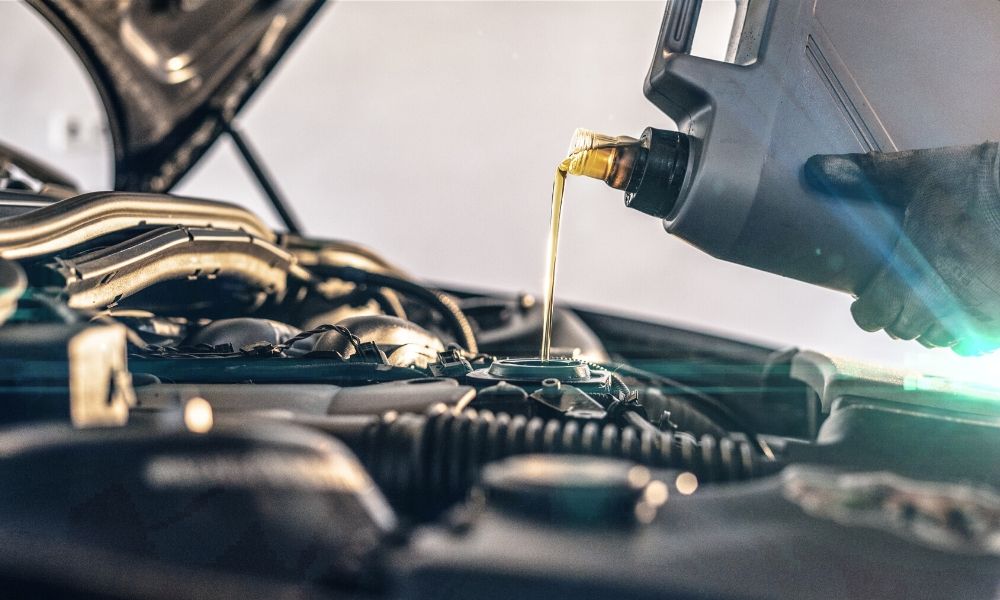
Credit: www.theonlinerocket.com
Ignition System
The ignition system plays a crucial role in your car engine’s performance. It ensures the fuel-air mixture ignites at the right time. Enhancing the ignition system can significantly boost your engine’s power and efficiency.
Spark Plug Upgrades
Spark plugs are essential for igniting the fuel-air mixture. Upgrading your spark plugs can lead to better combustion and more power. Consider using iridium or platinum spark plugs for improved performance. These materials last longer and provide a stronger spark. Ensure the gap is set correctly for optimal ignition.
| Spark Plug Type | Material | Benefits |
|---|---|---|
| Standard | Copper | Cost-effective, good performance |
| Premium | Iridium/Platinum | Long-lasting, better spark |
Regularly inspect and replace your spark plugs. This ensures consistent engine performance. Keeping your spark plugs clean and well-maintained can also improve fuel efficiency.
Ignition Coil Improvements
The ignition coil converts the battery’s low voltage to high voltage. This high voltage is needed to create a spark in the spark plugs. An upgraded ignition coil can produce a stronger spark, enhancing combustion. This results in better engine performance and fuel economy.
- High-Performance Ignition Coils: These provide a stronger and more reliable spark.
- Multi-Spark Coils: These produce multiple sparks per cycle, ensuring complete combustion.
Ensure the ignition coil is compatible with your vehicle. This prevents any electrical issues. Regularly check the ignition coil for wear and tear. Replace it when necessary to maintain optimal engine performance.
Cooling System
Enhancing your car’s cooling system can significantly boost engine performance. An efficient cooling system prevents overheating, ensuring smoother and longer engine life.
Radiator Upgrades
Upgrading the radiator is crucial. A high-performance radiator improves heat dissipation. It ensures the engine runs cooler under stress.
Consider aluminum radiators. They are lightweight and offer better cooling. Look for models with multiple cores, which provide increased surface area for heat exchange.
Here is a quick comparison:
| Radiator Type | Material | Cooling Efficiency |
|---|---|---|
| Single Core | Aluminum | Moderate |
| Double Core | Aluminum | High |
| Triple Core | Aluminum | Very High |
Coolant Choices
Choosing the right coolant is essential. It impacts the engine’s cooling efficiency.
Always use the coolant recommended by your car manufacturer. This ensures compatibility and optimal performance.
There are several types of coolants:
- Inorganic Acid Technology (IAT) – Suitable for older cars
- Organic Acid Technology (OAT) – Common in modern vehicles
- Hybrid Organic Acid Technology (HOAT) – Offers extended protection
Mix the coolant with distilled water. This prevents mineral build-up in the cooling system. Use a 50/50 mix for most climates.
Here’s a simple mixing guide:
| Coolant | Water | Mix Ratio |
|---|---|---|
| 1 Part | 1 Part | 50/50 |
| 2 Parts | 1 Part | 66/33 |
| 1 Part | 2 Parts | 33/66 |
Regularly check and replace the coolant. This ensures the cooling system remains efficient.
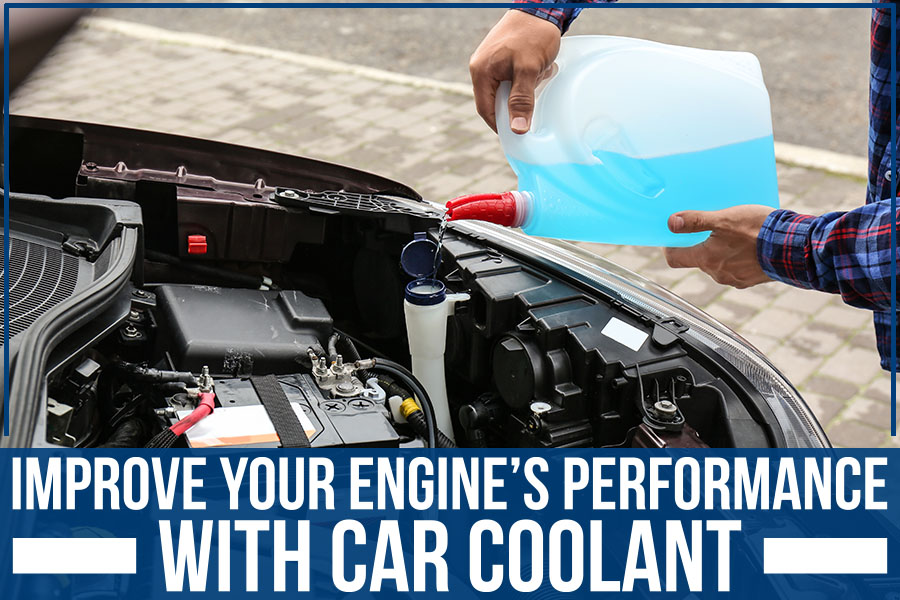
Credit: www.mikepattonhonda.com
Weight Reduction
Weight reduction is a key factor in enhancing your car’s engine performance. A lighter car moves faster and consumes less fuel. By using lightweight materials and removing unnecessary components, you can significantly improve your car’s efficiency.
Lightweight Materials
Using lightweight materials can make a big difference. Opt for materials like carbon fiber, aluminum, and magnesium. These materials are strong and light, which helps in reducing the car’s overall weight.
Here’s a comparison of some common materials:
| Material | Weight (per cubic meter) | Strength |
|---|---|---|
| Steel | 7850 kg | High |
| Aluminum | 2700 kg | Medium |
| Carbon Fiber | 1600 kg | High |
| Magnesium | 1738 kg | Low |
Unnecessary Components
Removing unnecessary components can also help. Items like extra seats or heavy sound systems add weight, so removing them can make your car lighter.
Here’s a list of components you might consider removing:
- Extra seats
- Heavy sound systems
- Spare tire
- Old carpets
By focusing on lightweight materials and unnecessary components, you can enhance your car engine performance. Start making these changes today for a noticeable improvement.
Frequently Asked Questions
How Can I Boost My Car’s Engine Power?
Regular maintenance and quality oil changes can boost your car’s engine power significantly.
What Are Common Ways To Improve Engine Performance?
Upgrading air filters, using high-quality fuel, and ensuring regular tune-ups are common ways to improve engine performance.
How Does A Cold Air Intake Help?
A cold air intake increases airflow to your engine, enhancing combustion and overall performance.
Can Turbochargers Enhance Engine Performance?
Yes, turbochargers force more air into the combustion chamber, increasing power and efficiency.
What Role Do Spark Plugs Play?
Spark plugs ignite the air-fuel mixture, essential for optimal engine performance and fuel efficiency.
Is Synthetic Oil Better For Performance?
Synthetic oil offers better lubrication and heat resistance, improving engine performance and longevity.
How Does Engine Tuning Improve Performance?
Engine tuning optimizes fuel and air mixture, enhancing power output and efficiency.
Conclusion
Boosting your car engine performance doesn’t have to be complicated. Follow the tips shared in this guide. Regular maintenance, quality fuel, and good driving habits are key. Implement these changes, and enjoy a smoother, more powerful ride. Your car will thank you with improved performance and longevity.
Happy driving!

Sium is a passionate automotive enthusiast and writer at SiumPro. With a deep understanding of cars and a keen eye for detail, Sium brings valuable insights and engaging content to readers. From reviews to tips and industry updates to delivering informative and enjoyable automotive articles.

